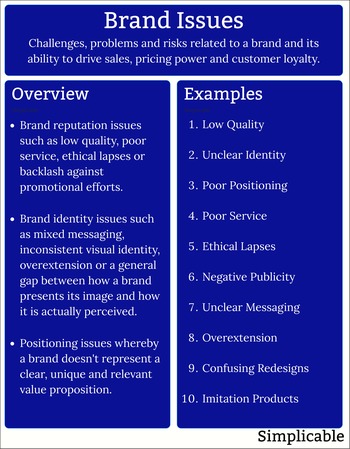
Change Analysis
Look at what changed leading up to an issue.
Comparative Analysis
Compare a incident situation to an incident-free example.
Fishbone Diagram
A fishbone diagram is a template for identifying the people, process, technology, control, environment and design causes of a problem.
Pareto Analysis
The theory that 20% of causes result in 80% of issues. This seeks out fundamental problems that are the root cause of a large number of issues.
Barrier Analysis
Ask why there was no barrier that would have prevented the problem.
5-whys
Ask why five times in succession to dig to deeper causes.
Brainstorming
Generate lists of issues that are contributing to the problem.
Fault Tree Analysis
Draw trees diagrams of cause and effect. Each cause may have multiple effects representing the branches of the tree diagram.
Flowcharting
Map out the flow of events leading to the problem.
Data Analysis
Analysis of data to determine where a problem originates.
Process Mapping
Document the steps and procedures in a process to identify problems.
Gap Analysis
Look for things that are missing or failing in a process, procedure or capability.
Capability Analysis
Look at the capabilities of a process and what capabilities would have prevented the problem.
Lessons Learned
Ask teams to review what worked and what failed in a process or initiative.
Appreciative Inquiry
Look at what is working well to prevent problems and whether this can be scaled to prevent more problems.
Fault Isolation
Test potential causes to determine which is the root cause.
Feedback Analysis
Analysis of feedback such as customer feedback for the root cause of problems.
Risk Analysis
Identify risks and evaluate their probability and impact.
Error Proofing
Designing problems out of systems, tools, processes and procedures.
Human Factors Analysis
Looking at what can go wrong considering the characteristics of humans and teams and identifying processes, tools, controls, training and principles that will reduce these problems.
Process Walkthrough
Walking through a process with stakeholders to identify the causes of problems.
Incident Analysis
Using information about incidents to identify root causes of recurring problems.
Observation
Observation of work processes to try to identify where things could go wrong.
Interviews
Interviewing employees, customers and partners to identify root causes.
Reliability Analysis
Capture and analysis of reliability metrics and failure data.
Best Practices
Compare actual practices to known best practices in an industry or domain.
| Overview: Root Cause Analysis | ||
Type | ||
Definition | Determining the starting point in a chain of cause-and-effect reactions. | |
Value | Fixing the root cause of a problem as opposed to treating symptoms. | |
Related Concepts | ||




















